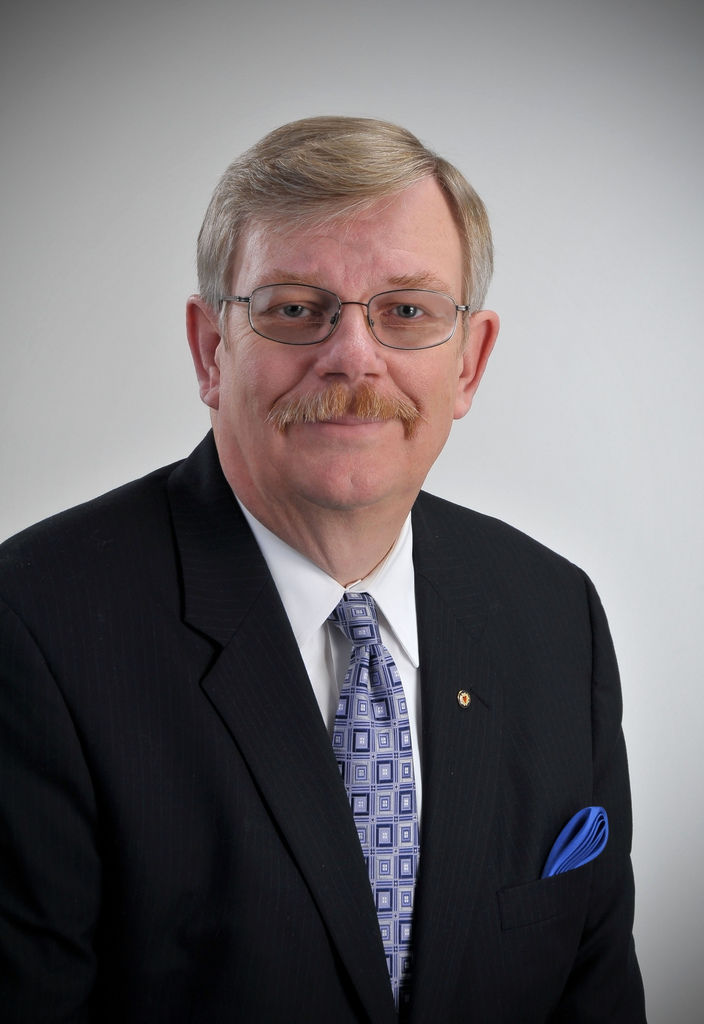
By Mark Franke
I am blessed in having many intelligent friends, several of whom deserve the adjective brilliant. Most have doctorates in something and I don’t hesitate to query them on every occasion which presents itself.
One such friend is a semi-retired theology professor. Every time I listen to him, I feel like my mind is about to explode. He is enlightening and humbling at the same time. My reaction to hearing him is usually, “I never thought about it like that.”
In a recent sermon to seminary students, he asked a simple question: “Tell me a time when the entire reality which lies outside the psychic self is denied, when the substance and the foundation of identity is on the vagaries of psychic instabilities.”
I have an above average knowledge of human history so that should have been easy. It wasn’t.
I began by mentally rewinding every chapter in my undergraduate western civilization textbook. What I managed to recall was that every major period was anchored on certain foundational and universal truths. To be sure, these universals were challenged at pivotal times such as the Reformation and the Enlightenment but these were calls to replace part of that foundation, not eliminate it and leave a void.
The foundation was an objective one, even when challenged. The purpose of these challenges was to question what was true, not to deny truth itself. Whether all the successful challenges improved the common understanding of truth is a legitimate question. I would suggest not, even mostly not. Wrong or not, our ancestors accepted the existence of universal truth; the only debate was about what was truth.
I first was confronted with a subjective understanding of truth in an undergraduate ethics course. Those were the days of situational ethics and “I’m OK; You’re OK” memes. I was the only student who believed that truth was objective and universal. Everyone else didn’t. This was 50 years ago.
I recall studying Socrates’ statement that “I know that I cannot know anything.” The smart aleck college freshman in me immediately responded, “How can you know that?” Unfortunately Socrates’ thoughtful skepticism was radicalized and eventually degraded into nihilism. If you are not sure what nihilism is, just watch the news.
It has certainly gotten worse in the half century since those college years. I’m not sure I can clearly explain the differences between modernism and postmodernism or when someone flipped the switch between them. No doubt it was a gradual progression, or regression, but it has certainly accelerated in the past three or four years in its tacit acceptance by our hubristic ruling class.
Maybe it’s not philosophical. Perhaps it is simple humanity. The Ten Commandments end with admonishments against coveting, wanting what belongs to someone else. One of the seven deadly sins of the early medieval church was envy. That is about as self-centered as one can be.
A recent speaker I heard blamed it on consumerism, which he defined as “what’s in it for me?”
That is simplistic yet accurate in its own way. This prompted another college memory, that of Abraham Maslow’s hierarchy of needs. The pinnacle of human existence for Maslow was self-actualization, rather egotistical to my way of thinking. I sure got tired of hearing about Maslow.
This flies in the face of that self-evident truth so elegantly asserted in the Declaration of Independence as a series of unalienable rights. The quasi-atheist Thomas Jefferson acknowledged these to be “endowed by [our] Creator,” a statement of objective reality. We don’t self-actualize these; we begin with them as gifts from God if Jefferson is to be believed.
If reality is viewed as totally subjective within myself, where does this lead? To what can I anchor myself when times get tough? In a word: nothing. I am out there all alone. Perhaps that is what Henry David Thoreau meant by “lives of quiet desperation,” lives void of meaning which grasp material things as an ineffective sop.
Maybe the refuge is in narcissism. The narcissist gives every appearance of being self-actualized. Think of our two previous presidents, both accomplished narcissists who never showed any self-doubt. Then reflect on where we are today after 12 years of their leadership.
Western civilization, built on a foundation of universal truths, brought about stunning advances in fields such as philosophy, theology, literature, art, government, science and medicine. If we pretend that there are no universal truths, we fool only ourselves. Culture itself is put at risk.
Culture matters, and we have inherited a cornucopia of great and beautiful things. It is incumbent on us to preserve it, advance it and pass it on to the next generation. Without the transcendency of absolute truth, our cultural heritage is nothing more than a curiosity cabinet of geegaws.
It is, it must be, something much more than that.
